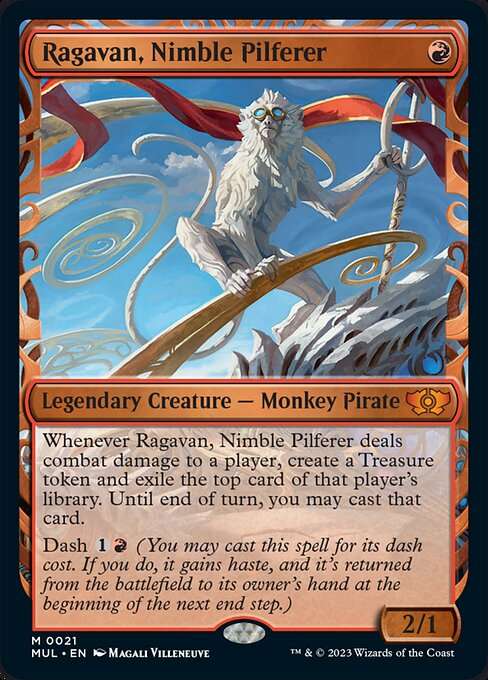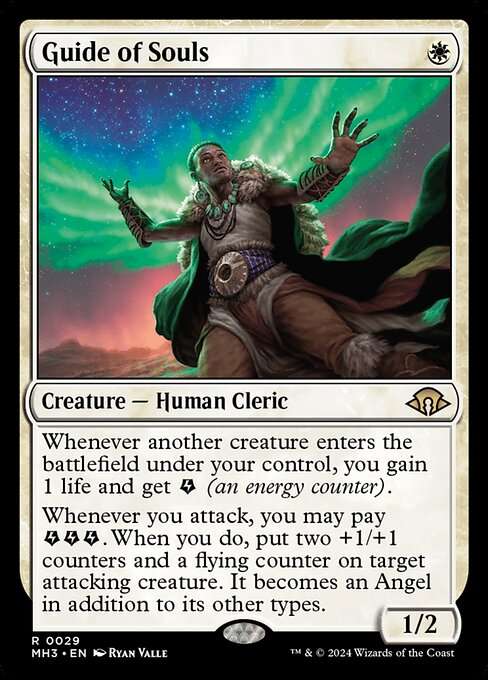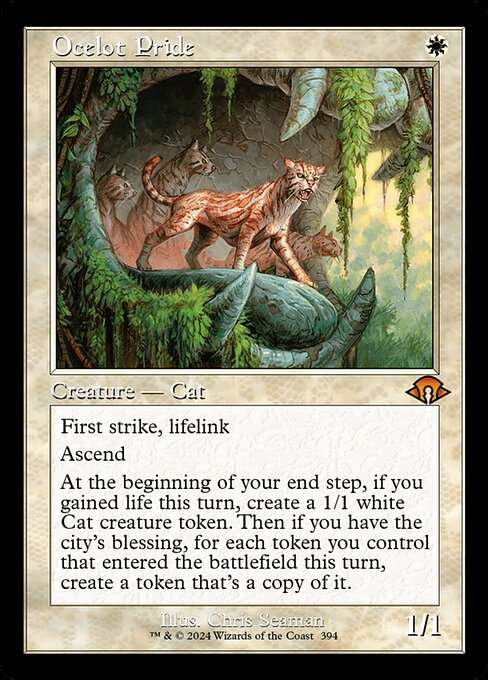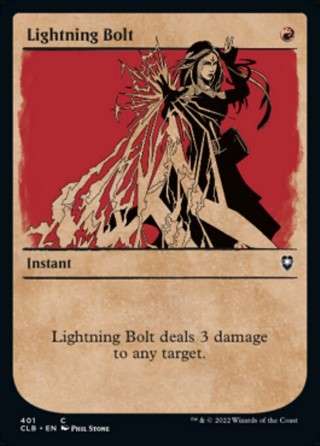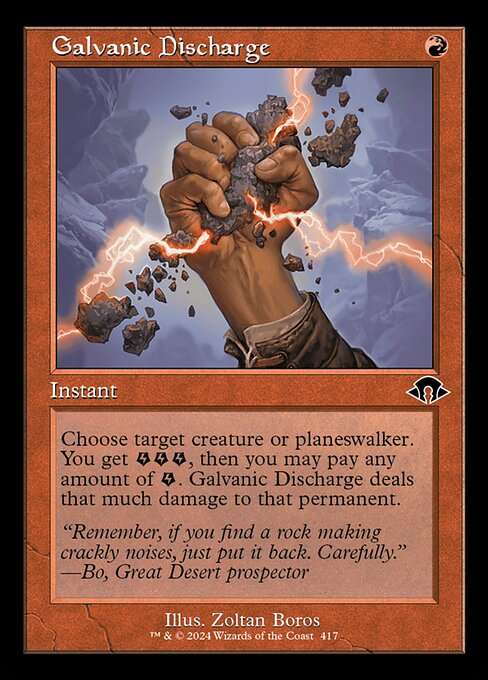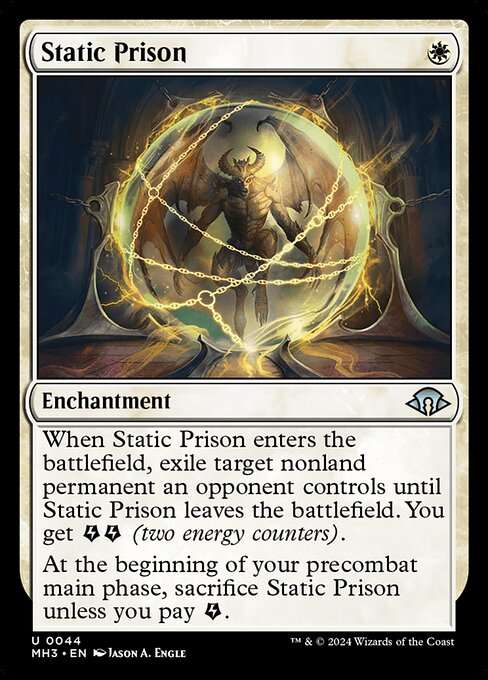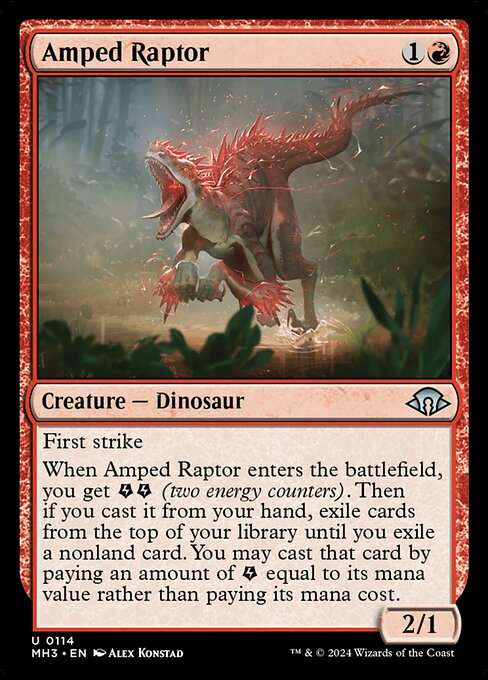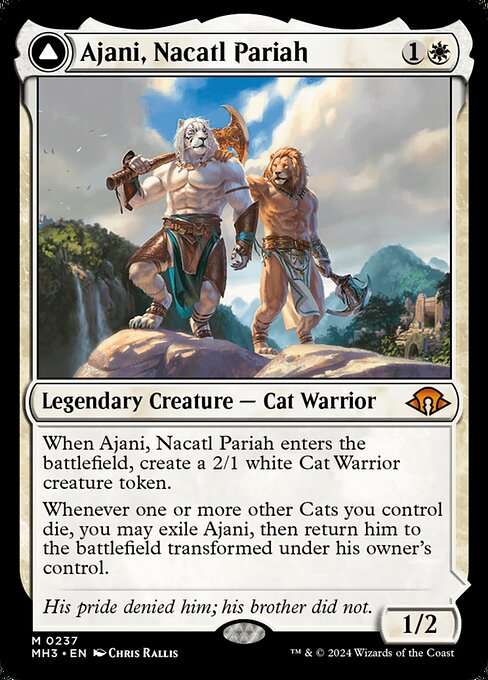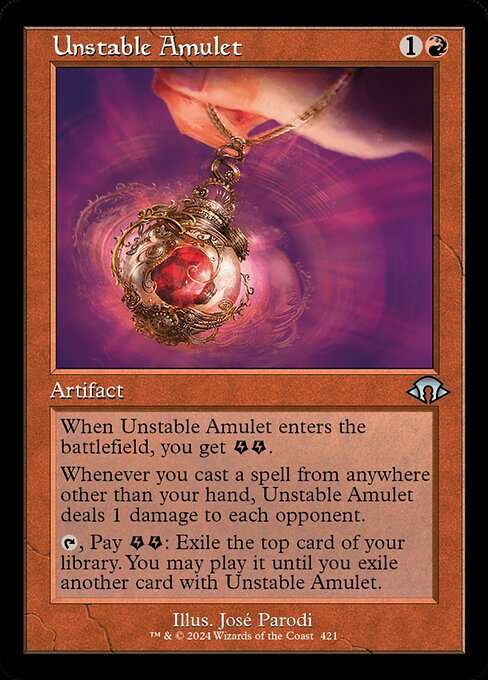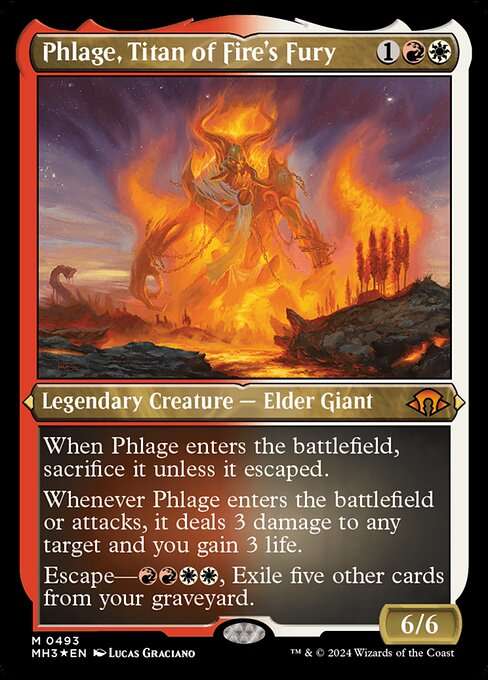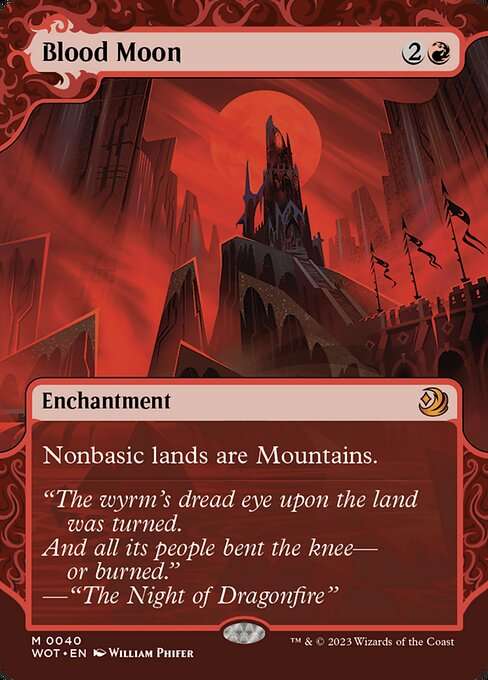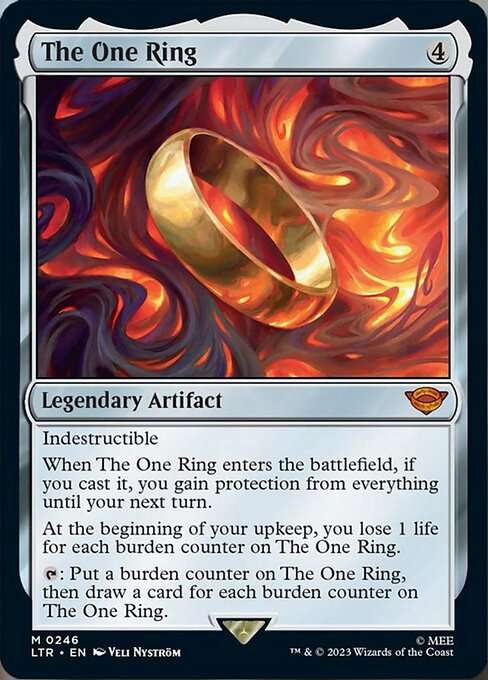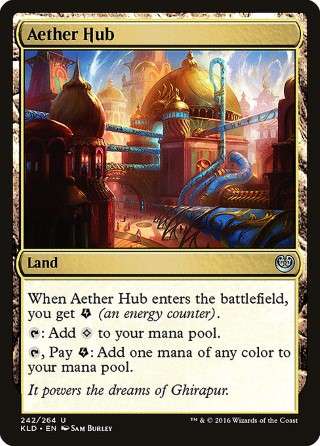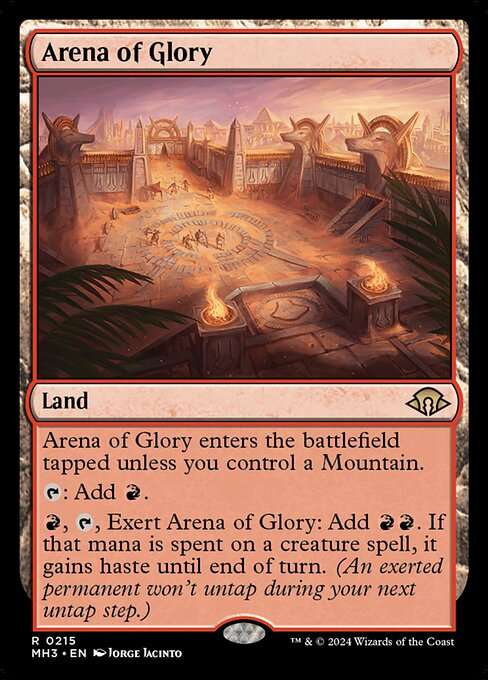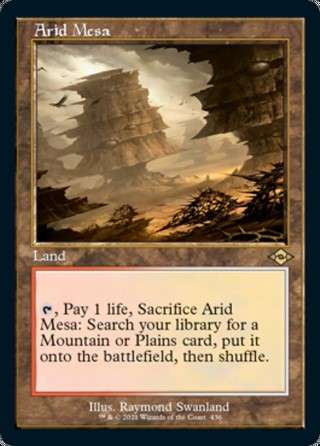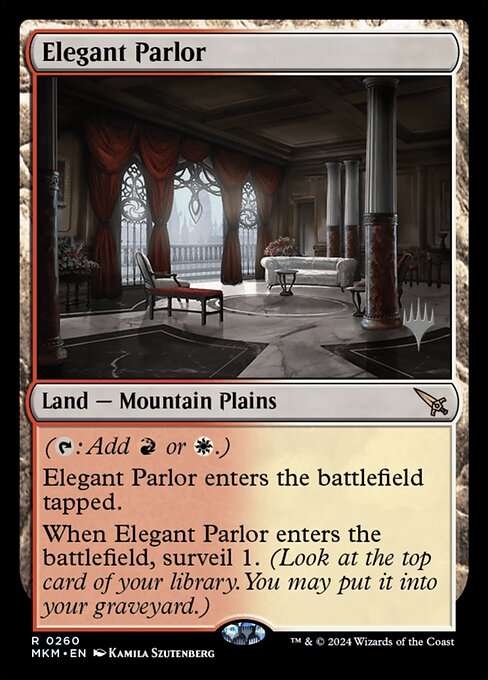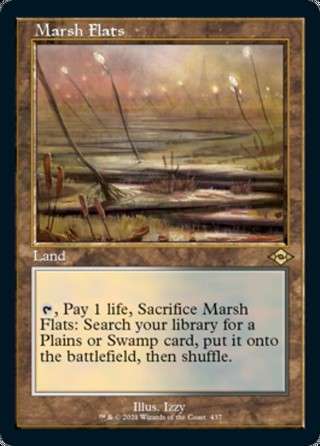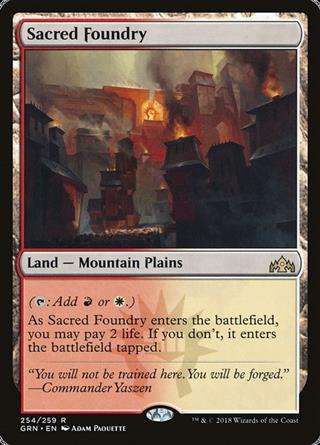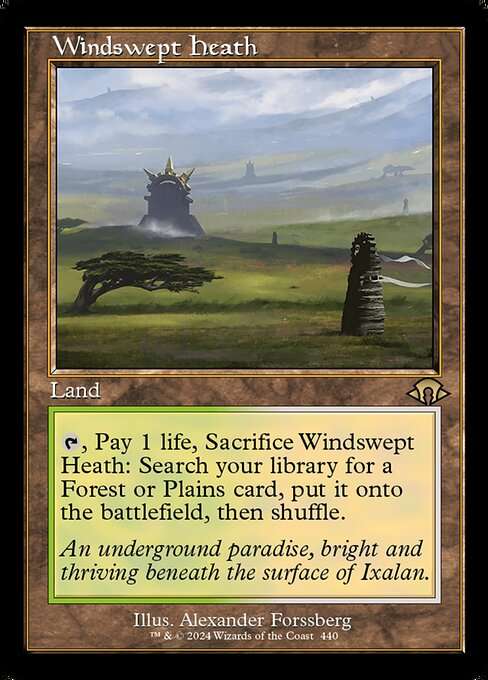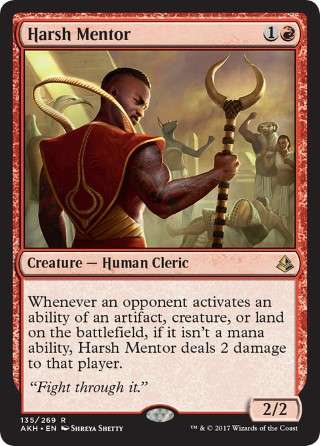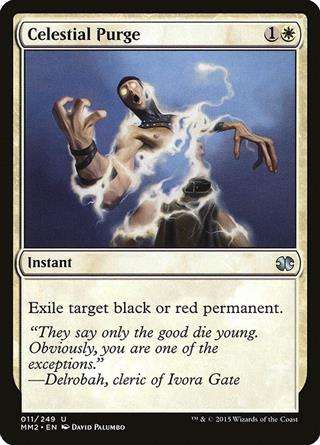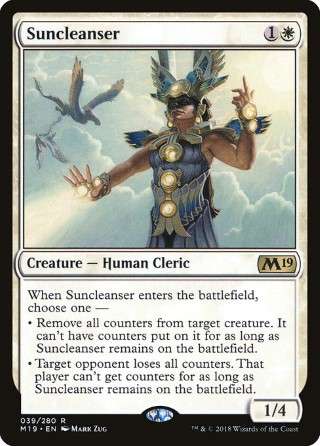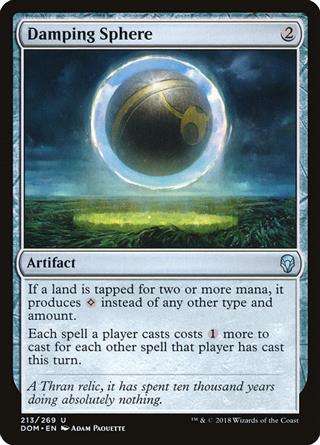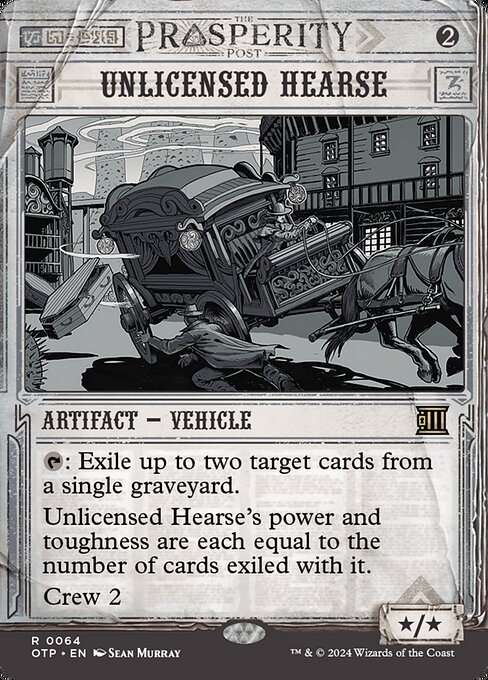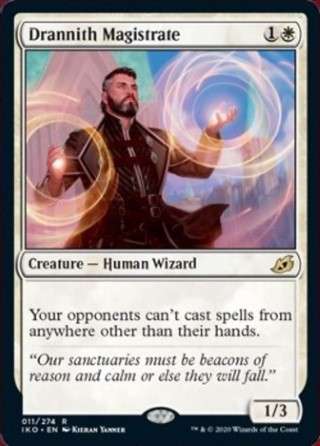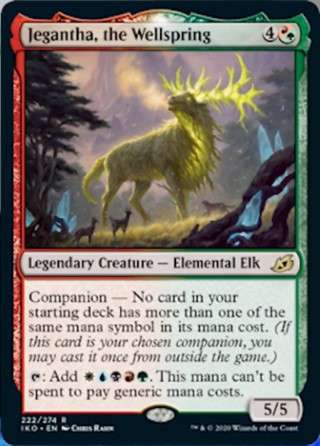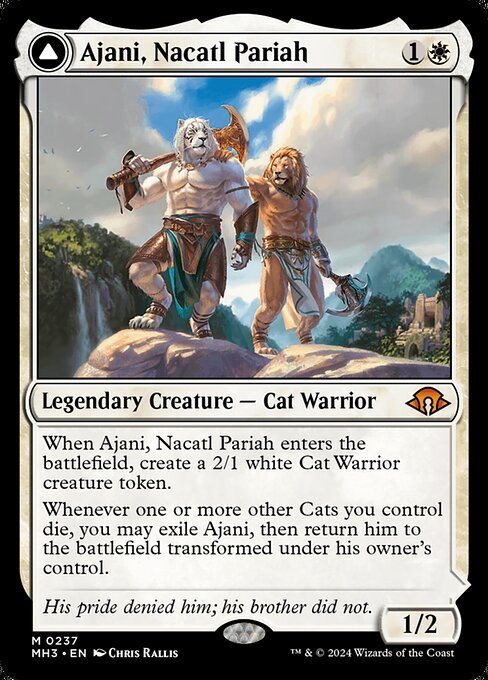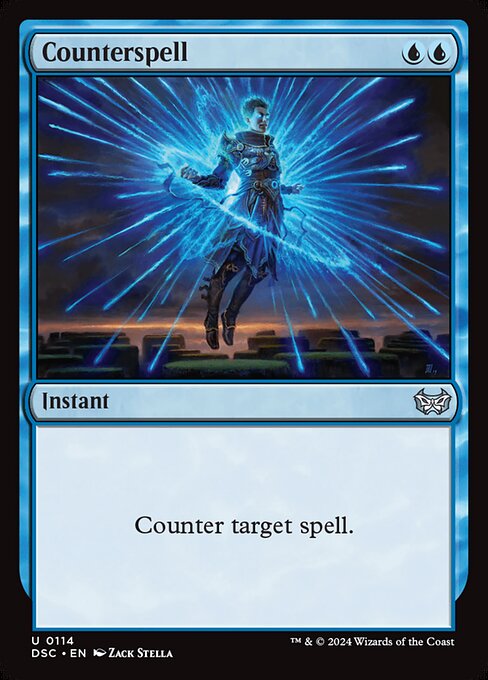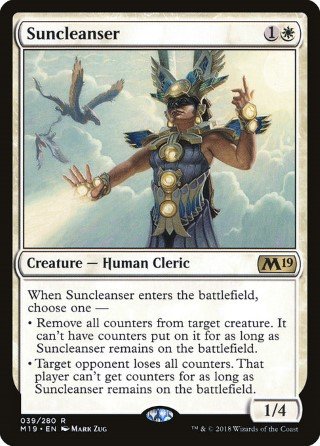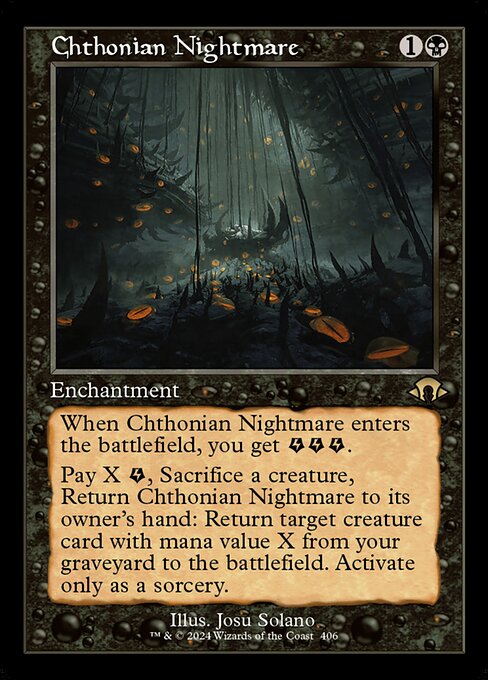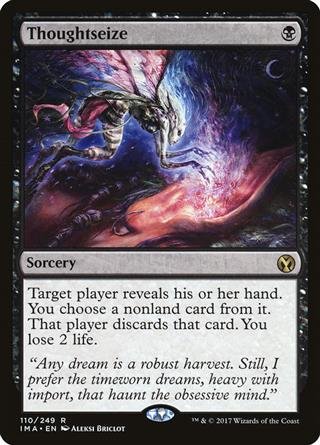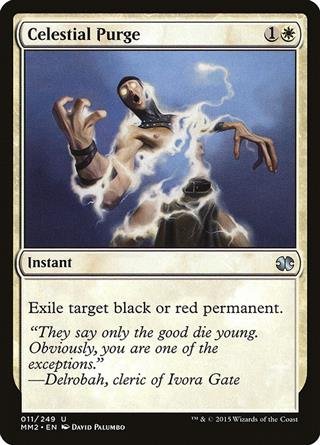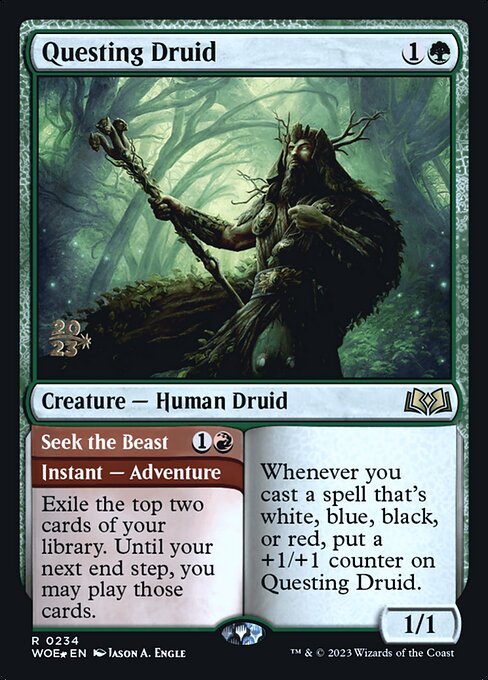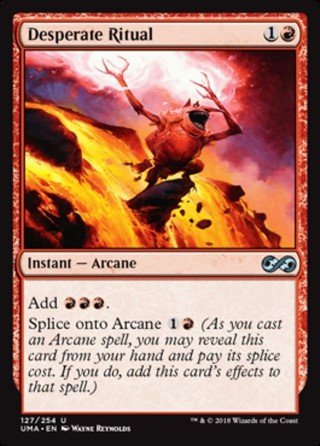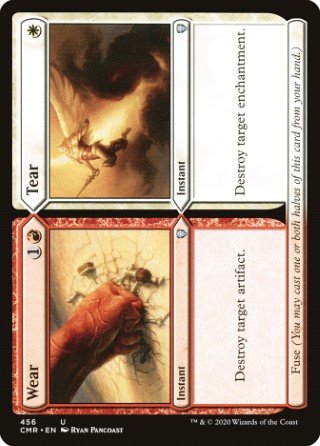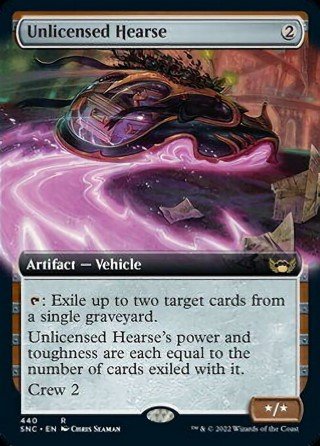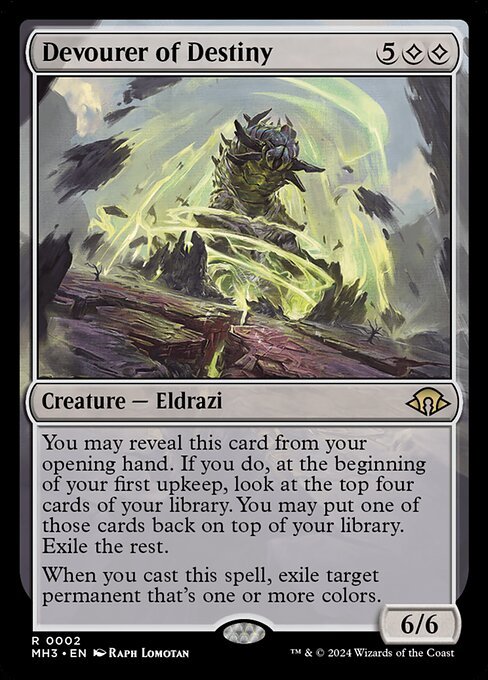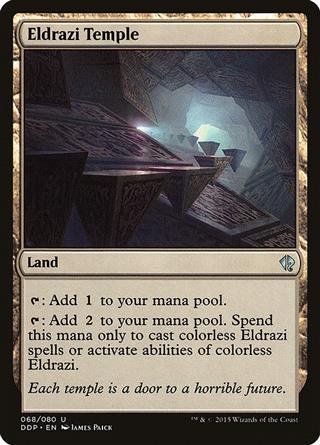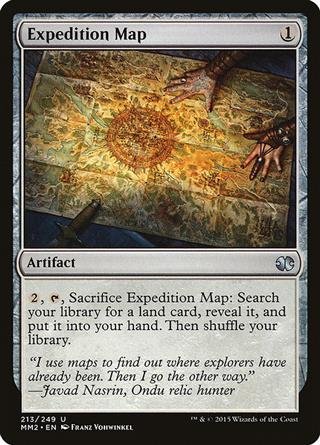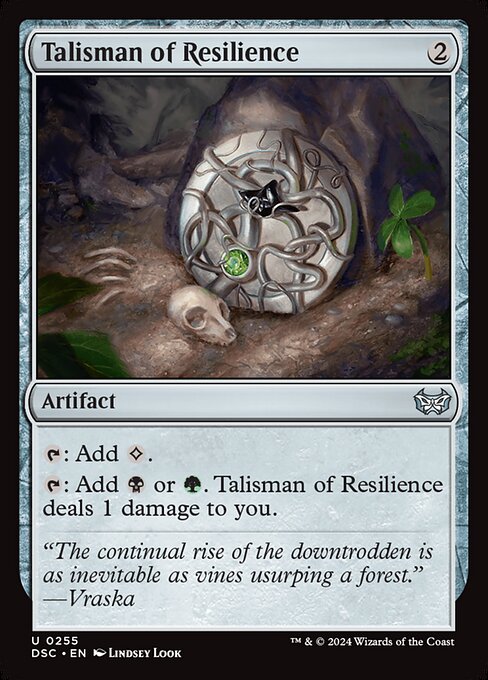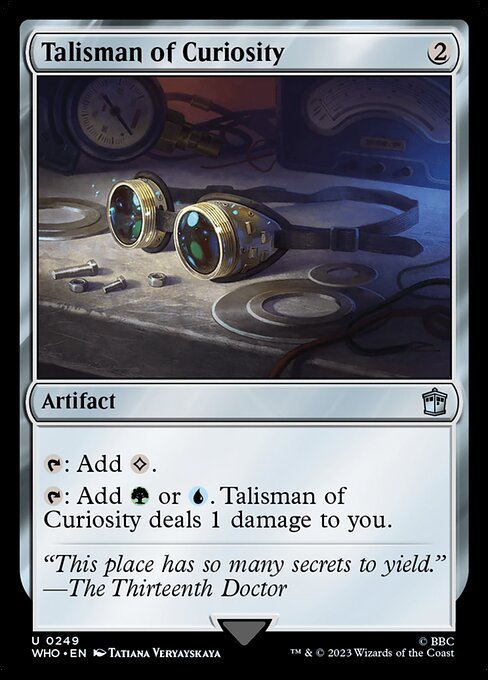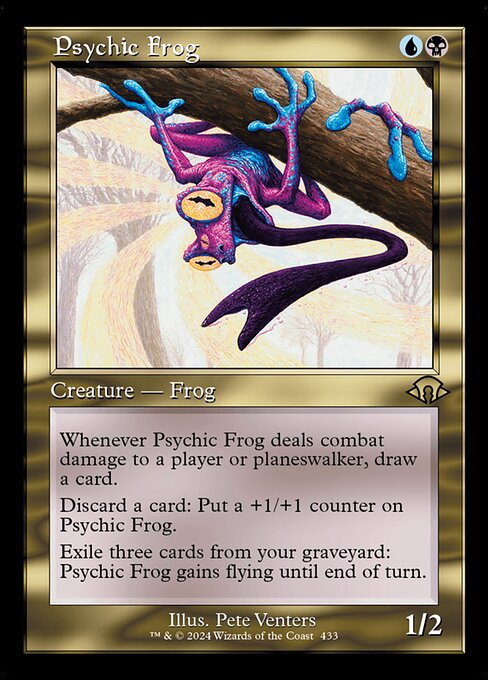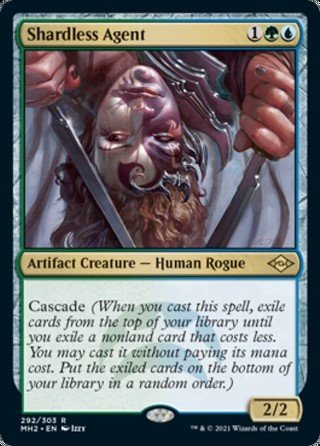How To Play Modern Boros Energy - MTG Deck Deep Dive
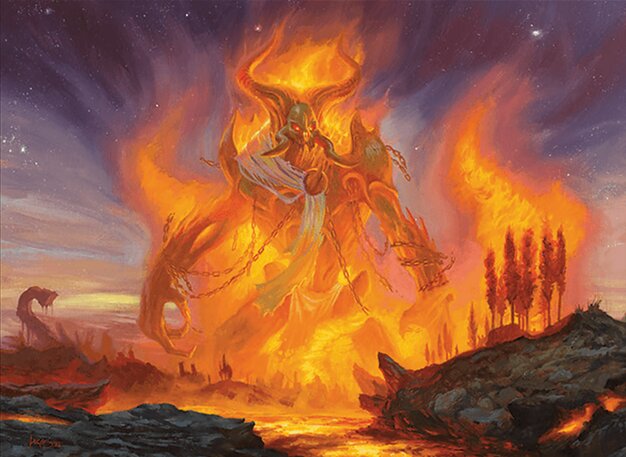
Today, I'll be going over the Boros energy for Modern. With Nadu, Winged Wisdom recently banned Boros energy is stronger than ever and currently atop the meta. It has a fun mix of aggro and enough resilience to out-grind fair matchups like Jund. Today, I'll be showing you the deck, why the cards are there (and some alternatives), some play lines, and finally, a sideboard guide against some of the top decks.
recently banned Boros energy is stronger than ever and currently atop the meta. It has a fun mix of aggro and enough resilience to out-grind fair matchups like Jund. Today, I'll be showing you the deck, why the cards are there (and some alternatives), some play lines, and finally, a sideboard guide against some of the top decks.
So, without further ado, let's jump into how to play Boros energy in Modern.
Boros Energy List & Deck Tech
Boros Energy
Main 60 cards (21 distinct)
| Creature (21) | |||
|---|---|---|---|
| $25.007.93 | |||
| $4.26€4.530.47 | |||
| $51.1012.12 | |||
| $0.31€0.540.08 | |||
| 4.59 | |||
| $13.29€16.9010.63 | |||
| Instant, Sorcery, Enchantment, Artifact (18) | |||
| $0.400.20 | |||
| $0.46 | |||
| $0.662.34 | |||
| $7.60 | |||
| $0.45€0.420.05 | |||
| $80.70€48.4888.22 | |||
| Land (21) | |||
|
2
Plains
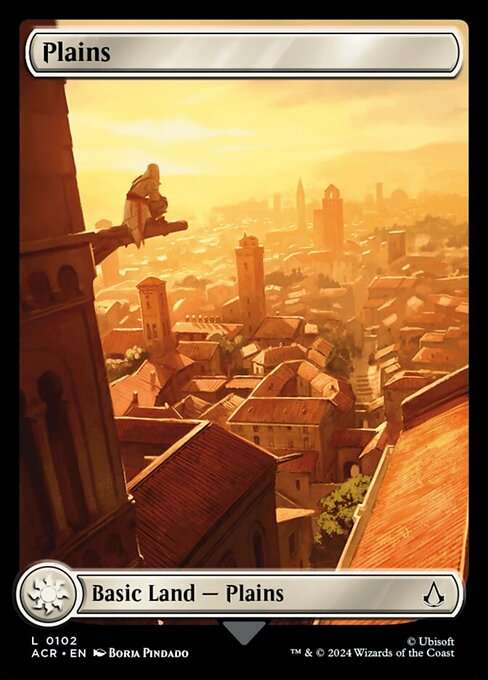
|
$0.250.24 | ||
|
1
Mountain
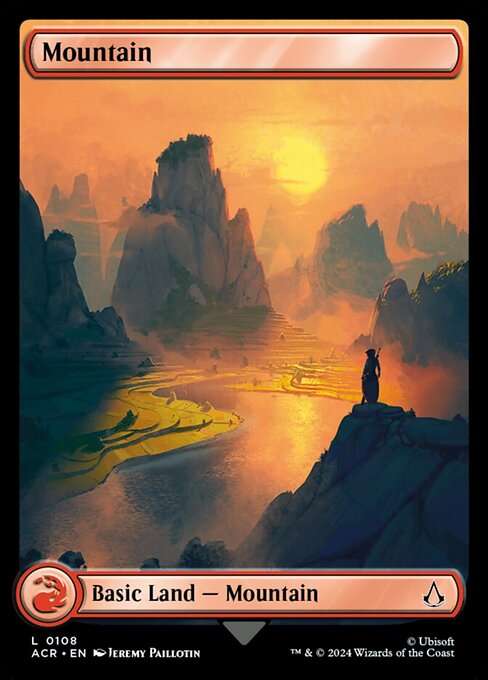
|
$0.350.18 | ||
| $0.44€0.230.03 | |||
| $17.14€14.740.76 | |||
| $10.301.84 | |||
| $28.084.28 | |||
| $26.411.07 | |||
| $14.23€8.320.51 | |||
Side 15 cards (9 distinct)
| $0.50€0.350.02 | |||
| $1.99€3.621.39 | |||
| $1.00€0.881.55 | |||
| $12.65€16.883.19 | |||
| $0.32€0.240.03 | |||
|
2
Wear
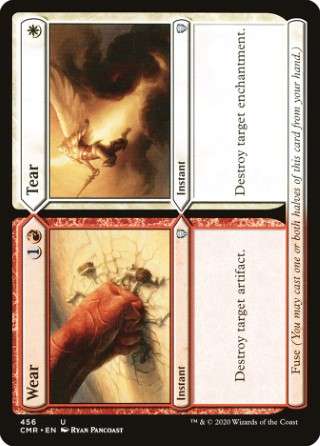
|
$0.892.01 | ||
| $0.75€0.660.90 | |||
| $1.06€1.58 | |||
| $7.60 |
How To Play Boros Energy
The deck uses the energy mechanic from Kaladesh thanks to Modern Horizons 3 cards like Guide of Souls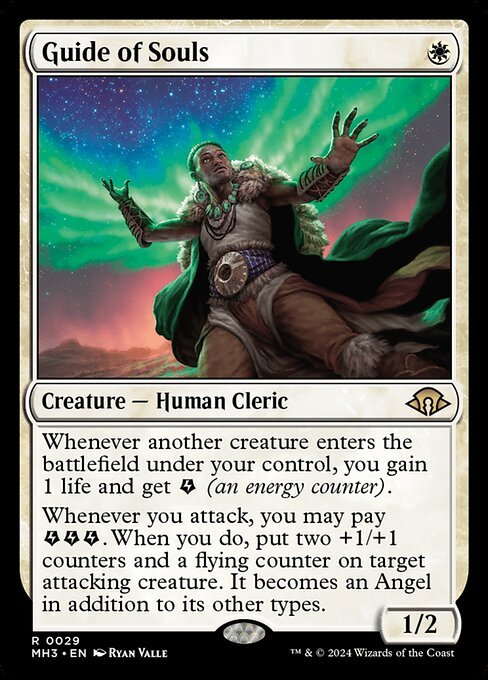 , Amped Raptor
, Amped Raptor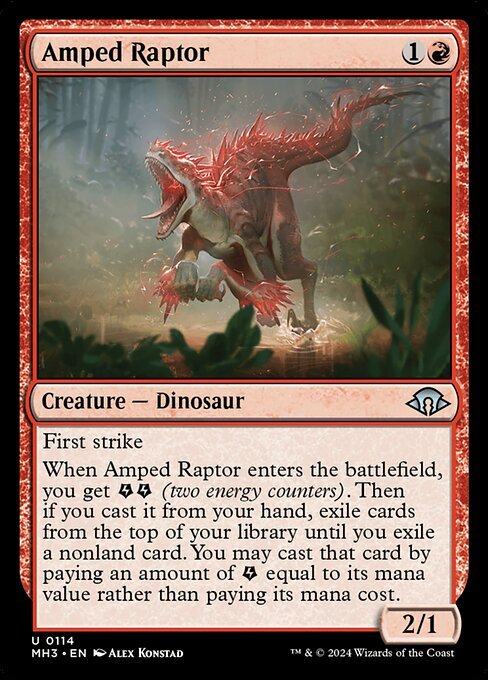 , Galvanic Discharge
, Galvanic Discharge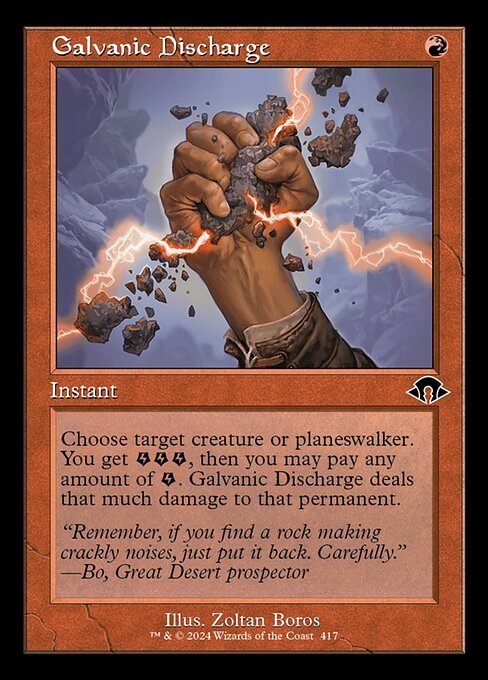 , and Static Prision. The playstyle is often really aggressive but the deck is surprisingling gridy and resilent. Let's talk cards.
, and Static Prision. The playstyle is often really aggressive but the deck is surprisingling gridy and resilent. Let's talk cards.
Guide of Souls
This is a key one drop because it provides an early game "energy engine" and staying power via the life gain. If a turn-one Guide sticks around, you'll gain life and energy with every subsequent creature you cast. It also enables you to be very aggressive by giving an attacking creature two +1/+1 counters and evasion.
The combination of "energy generator" and energy payoff" plus the aggro potential along with the staying power of the life gain makes Guide of Souls a workhorse that you're always happy to see in your opening hand. If you get up to three energy early, don't be afraid to spend on this and create some powerful attacks.
Ocelot Pride
Ocelot Pride works super good alongside Guide of Souls . At the end of each of your turns, if you gained life, Ocelot Pride
. At the end of each of your turns, if you gained life, Ocelot Pride will make a 1/1 cat token. So, following up Guide of Souls with Ocelot Pride gains you one life and guarantees you a cat on your end step, which will trigger Guide again.
will make a 1/1 cat token. So, following up Guide of Souls with Ocelot Pride gains you one life and guarantees you a cat on your end step, which will trigger Guide again.
This is a nice interaction and can give you a healthy board come the end of your second turn. Even without Guide out, Ocelot Pride can easily trigger itself, thanks to the lifelink. Oh, and that's only half the text. Once you've got the city's blessing, whenever you make that 1/1 cat, for each token you control that entered the battlefield that turn, you create a token that’s a copy of it.
So, let's say you have the city's blessing, gain life, and make the 1/1. You'll get two instead. Not only is this extra value in the late game, but there are a few other cards in the deck that make tokens, too, and Ocelot Pride can double them, too.
Ajani, Nacatl Pariah
Speaking of tokens, Ajani here creates a 2/1 cat when he enters the battlefield. First, three power and toughness for two mana isn't bad. Secondly, it's spread over two bodies. So, Ajani is a great turn-two play when you'll play Guide of Souls on turn one, and you'll want to keep that in mind.
on turn one, and you'll want to keep that in mind.
Whenever a cat you control dies, you can exile Ajani, and he comes back as Ajani, Nacatl Pariah // Ajani, Nacatl Avenger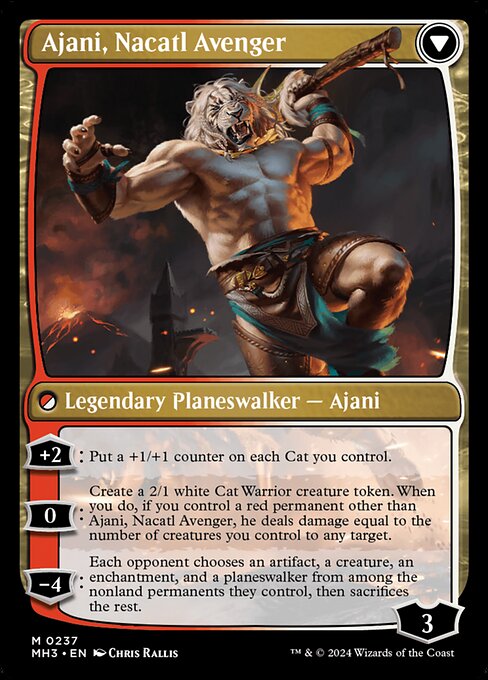 . Considering Ajani and Ocelot Pride
. Considering Ajani and Ocelot Pride make cats, it's not hard to get the flip here. And the planeswalker side is powerful enough that there could be times you'll consider using your removal on your own tokens.
make cats, it's not hard to get the flip here. And the planeswalker side is powerful enough that there could be times you'll consider using your removal on your own tokens.
You May Also Like: A Cursory Look at the New Room Cards of Duskmourn
So, what makes it good? Well, the +1 isn't bad if you happen to have a giant board of cats, and again, that's not a hard sell. But the real power is in the 0 ability. It makes a 2/1 cat, and then if you control a red permanent (other than Ajani), he deals damage equal to the number of creatures you control to any target.
The deck plays quite a lot of red permanents aside from Ajani, and this ability does work. It fuels itself by adding that token, and with a few creatures out, it throws around a lot of damage. The fact that it can be used for removal or burn really helps its versatility, too.
Amped Raptor
Amped Raptor gives you two energy when it enters the battlefield. Then, if you cast it from your hand, you exile cards from the top of your library until you exile a nonland card. You may cast it by paying energy equal to its mana value rather than paying its actual mana cost.
gives you two energy when it enters the battlefield. Then, if you cast it from your hand, you exile cards from the top of your library until you exile a nonland card. You may cast it by paying energy equal to its mana value rather than paying its actual mana cost.
This will always give you energy, and if you cast it from your hand, it can give you access to casting a card from the top of your library. The Raptor is amazing at generating two-for-one situations for you. Around 20 cards in this particular version of the deck have a CMC of two or less. So, you can cast a majority of the deck with only the energy generated from the Raptor itself.
The "if you cast it from your hand" clause is necessary to remember because casting an Amped Raptor with an Amped Raptor doesn't give you an additional trigger. However, you'll still get the two energy. The same is true with casting a Raptor off of a Ragavan, Nimble Pilferer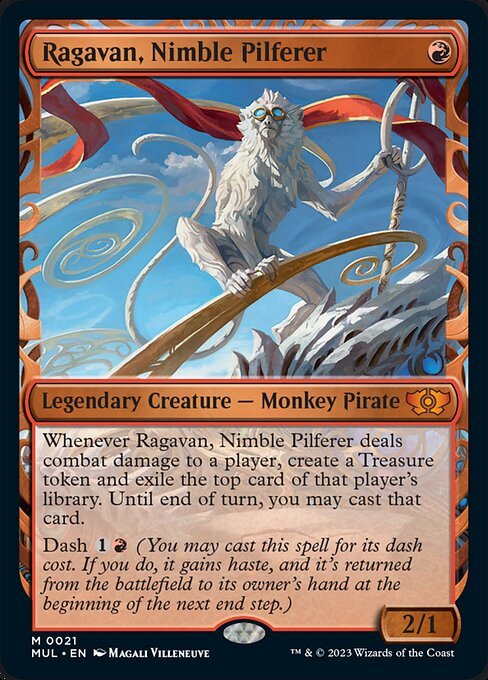 or an Unstable Amulet
or an Unstable Amulet .
.
Phlage, Titan of Fire's Fury
Phlage is a powerhouse and is the poster child for the "aggro meets midrange" style of the deck. It's a three-mana 6/6 with a Lightning Helix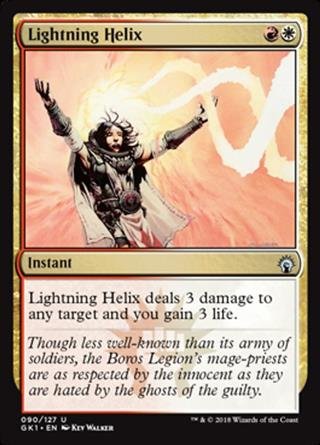 attached to it. Of course, you've got to sacrifice it if it isn't escaped, but dealing three damage to any target and gaining three is excellent. Just like Ajani's 0 ability, this is used for removal or burn as needed.
attached to it. Of course, you've got to sacrifice it if it isn't escaped, but dealing three damage to any target and gaining three is excellent. Just like Ajani's 0 ability, this is used for removal or burn as needed.
Then, by exiling five cards from your graveyard and paying Phlage's escape cost, it can be cast again. This gives you another ETB trigger, and this time, you'll get to keep the 6/6 body. Perhaps one of the nastiest lines in the deck is escaping Phlage with mana from Arena of Glory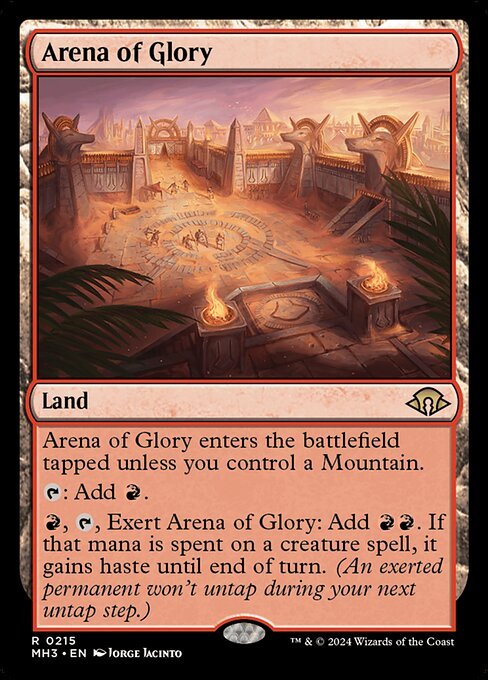 .
.
If you exert it, it taps for two red mana, and if you use it to cast a creature, it gains haste for a turn. So, if you use this to cover the red portion of Phlage's escape cost, it'll have haste when it enters. Between the 6/6 attacker, three damage, and you gaining three life from the ETB trigger, you're looking at a 12-life swing from this line.
Unstable Amulet
You won't find Amulet in every list. There are a few flex slots in the deck, and some people play other things in this spot, and I can understand why. The amulet isn't a core card, and it gets sided out often. That said, I still run it. In my opinion, it does three things well.
First, the energy production - This will always generate two energy when it ETBs and personally, I like that. Next, is some card advantage. For two energy, you exile a card from the top of your deck and can cast it until you exile something else. So, if you tap and exile a Lightning Bolt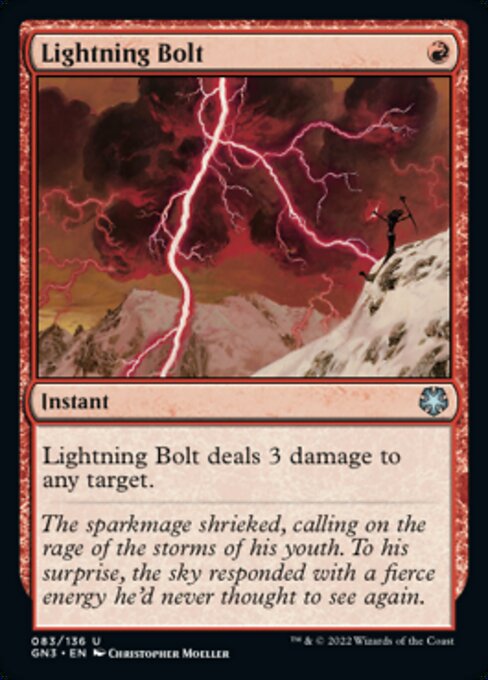 , then use the ability again and exile another card, you can no longer access the Bolt. So, keep that in mind.
, then use the ability again and exile another card, you can no longer access the Bolt. So, keep that in mind.
Lastly, there is some damage. Whenever you cast a spell from anywhere but your hand, the Amulet will ping the opponent for one damage. This includes when you cast cards from the amulet itself, casting things with Amped Raptor , anything you cast from Ragavan, Nimble Pilfer, and when you cast Phlage, Titan of Fire's Fury from the graveyard.
, anything you cast from Ragavan, Nimble Pilfer, and when you cast Phlage, Titan of Fire's Fury from the graveyard.
All in all, all three pieces of text on Unstable Amulet work quite well together. As mentioned, you may find other lists without this, and that's ok. You can experiment with playing some number of Bonecrusher Giant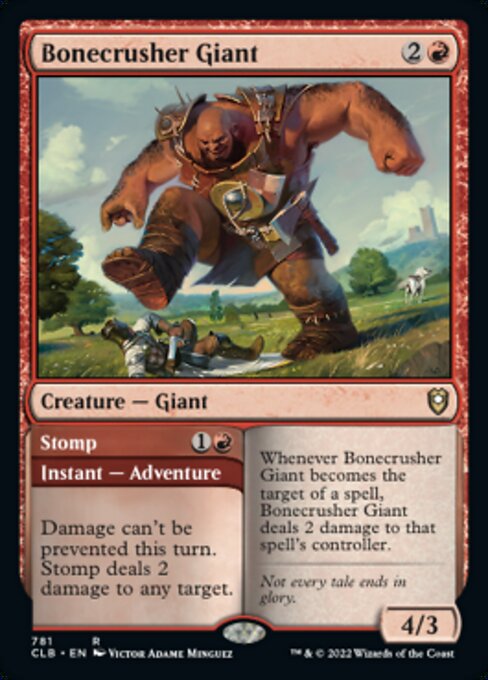 or Fable of the Mirror-Breaker // Reflection of Kiki-Jiki
or Fable of the Mirror-Breaker // Reflection of Kiki-Jiki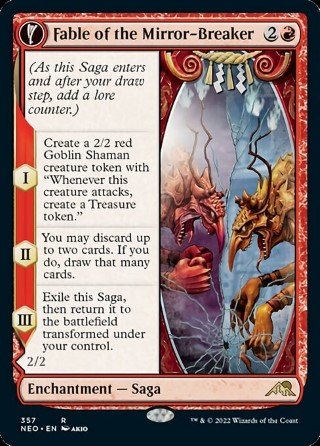 or a copy of Goblin Bombardment
or a copy of Goblin Bombardment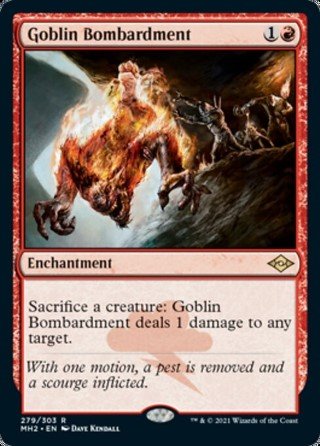 (works well to sac tokens) or the fourth copy of Lightning Bolt
(works well to sac tokens) or the fourth copy of Lightning Bolt .
.
The One Ring
Unless you're new to Modern, you know how powerful The One Ring is. If you are new, the card advantage that The Ring offers is unrivaled, and just about every deck that can play it does. I will say that The Ring does particularly well in the Boros version of energy (as opposed to Mardu energy) because of the life gain in this version.
If you've made it this far, you'll have seen that the deck gains quite a bit of life, and the mana base isn't very painful either. This is good because The Ring wants your life total high. If you have life to spare, you won't have to sweat the damage you're taking from the Ring, and you can enjoy the multitude of cards.
Ragavan, Nimble Pilferer
Ragavan is another card you'll see come up in some lists but not all. If you have a lot of Orcish Bowmasters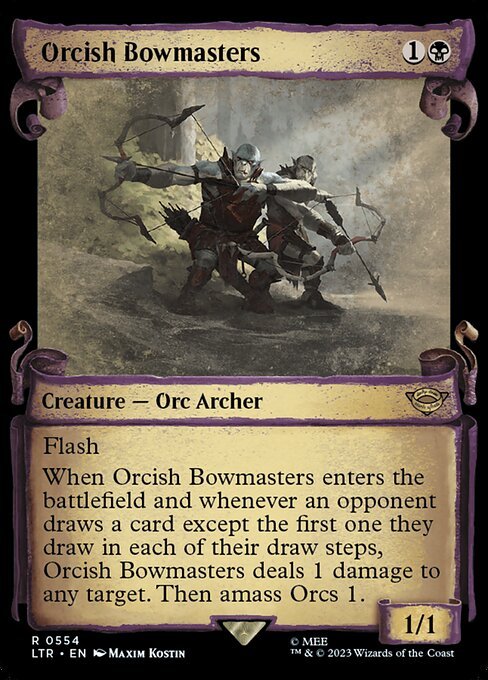 in your meta, you may want to switch this for something else. As mentioned above, Bonecrusher Giant
in your meta, you may want to switch this for something else. As mentioned above, Bonecrusher Giant , Fable of the Mirror-Breaker // Reflection of Kiki-Jiki
, Fable of the Mirror-Breaker // Reflection of Kiki-Jiki , a copy of Goblin Bombardment
, a copy of Goblin Bombardment , or a fourth copy of Lightning Bolt
, or a fourth copy of Lightning Bolt are all solid choices.
are all solid choices.
When should you play Ragavan? Well, whenever you're not dealing with Bowasters, I think it's a great option. Like so many of the cards in the deck, it has a mix of aggression and grindyness. A two-power attacker early in the game can get you off to a great start in getting your opponent to zero, and the dash cost even makes it an okay top deck later in the game.
You May Also Like: AI Showdown: ChatGPT vs. Google Bard - The Epic MTG Duel Of The Machine Minds
Then, of course, if you connect with Ragavan, you get a treasure and access to the top card of your opponent's library. The treasure is the primary upside, but there are plenty of times when you can hit something useful from the opponent's deck.
Blood Moon
The Boros mana base can accommodate Blood Moon and you'll find it some number throughout the 75 of most lists. In this particular case, I have one in the main board, and two in the sideboard. There isn't much downside for the deck to play some copies main board, and they can really turn the tides in some of the poorer matchups like Through the Breach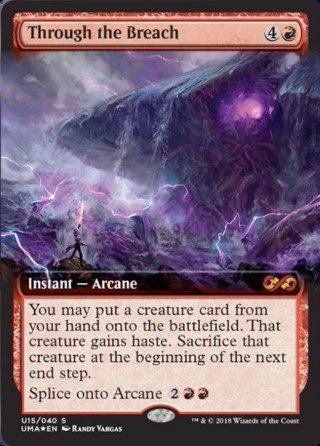 and Tron by nerfing the Urza lands and Ugin's Labyrinth
and Tron by nerfing the Urza lands and Ugin's Labyrinth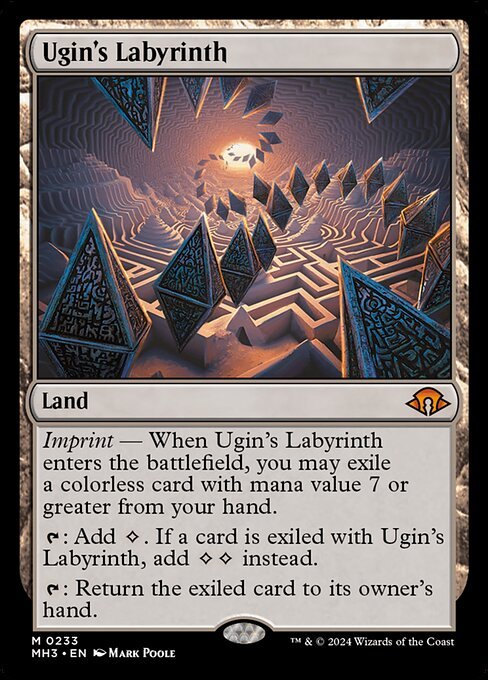 .
.
It also helps out against other less-than-fair decks with stingy mana bases like Living End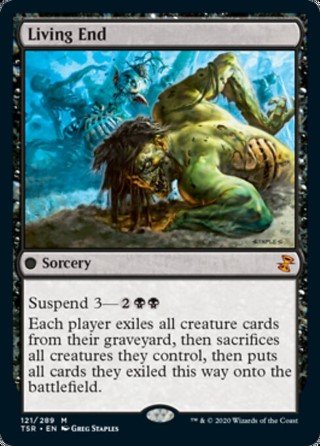 and Goryo's Vengence builds that are popular at the moment. How many copies you play will depend on your meta, but it seems that two in the 75, however you want to split them, is a pretty good call.
and Goryo's Vengence builds that are popular at the moment. How many copies you play will depend on your meta, but it seems that two in the 75, however you want to split them, is a pretty good call.
Removal
Static Prison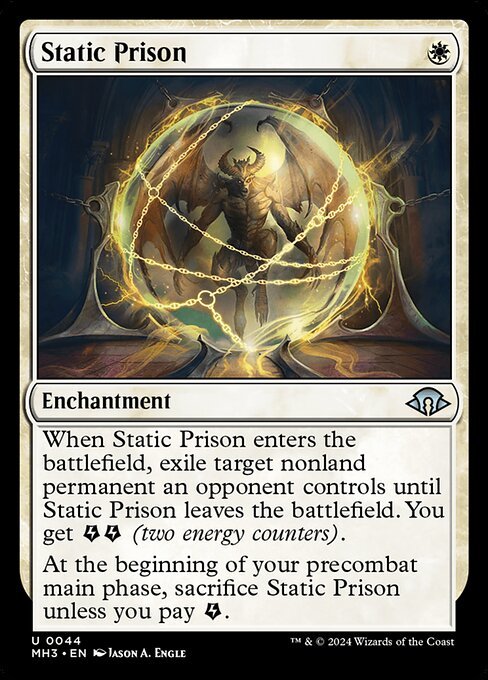 is an energy-based version of an Oblivion Ring
is an energy-based version of an Oblivion Ring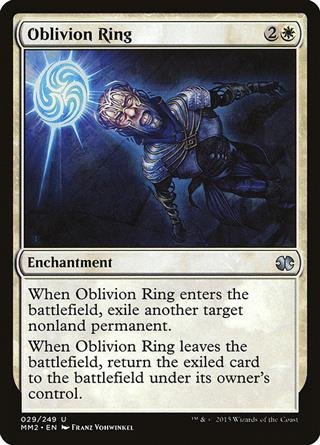 effect with a bit of a catch - You've got to continue to pay energy each turn to keep the threat gone. Static Prison itself gives you two energy when it enters, so you'll always have two turns, even with no existing energy built up.
effect with a bit of a catch - You've got to continue to pay energy each turn to keep the threat gone. Static Prison itself gives you two energy when it enters, so you'll always have two turns, even with no existing energy built up.
Galvanic Discharge is also energy-based removal for creatures and Planeswalkers. It gives you a hefty three energy when you cast it and then allows you to pay any amount of energy to deal that much damage. In the worst-case scenario, this is three damage for one mana. If you happen to already have some energy, this can take down some significant threats for a single mana.
is also energy-based removal for creatures and Planeswalkers. It gives you a hefty three energy when you cast it and then allows you to pay any amount of energy to deal that much damage. In the worst-case scenario, this is three damage for one mana. If you happen to already have some energy, this can take down some significant threats for a single mana.
Lightning Bolt is a classic, and you'll usually play between three and four copies, depending on your flex slots. You can't beat three damage for a single mana with the versatility to hit the opponent, as well as creatures and planeswalkers.
is a classic, and you'll usually play between three and four copies, depending on your flex slots. You can't beat three damage for a single mana with the versatility to hit the opponent, as well as creatures and planeswalkers.
The Mana Base
Typically, Boros energy is playing somewhere between 21 and 22 lands. These usually consist of around seven or eight fetch lands (four Arid Mesa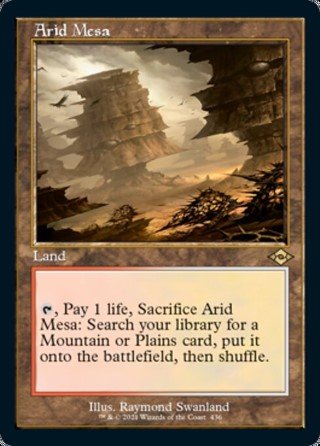 ) and three to four sources that can fetch for white - So, Marsh Flats
) and three to four sources that can fetch for white - So, Marsh Flats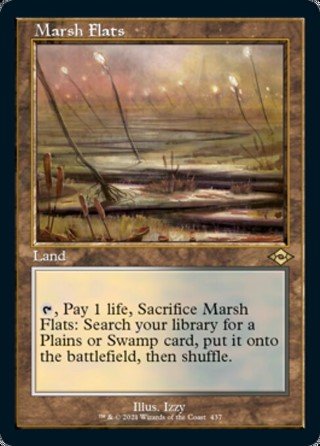 , Windswept Heath
, Windswept Heath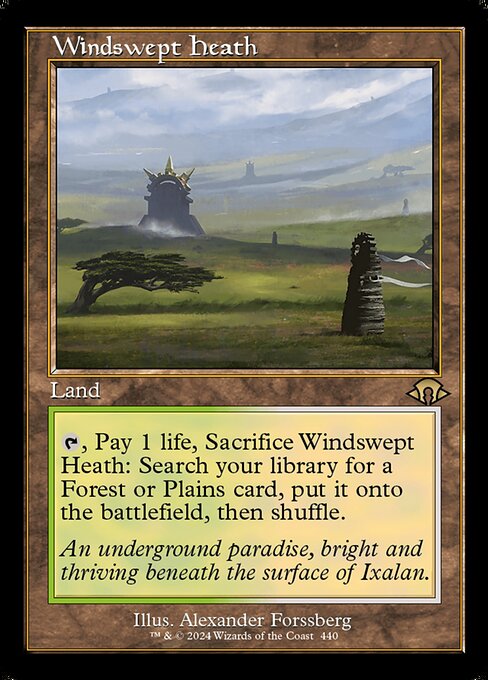 , etc.
, etc.
Now, let's talk fetchable lands.
A full playset of the Boros shockland, Sacred Foundry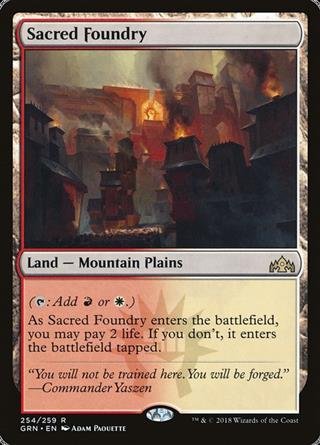 is a must and ensures you'll have the mana you need for your turn-one plays, whether red or white. If you don't need the mana right then, the deck also plays a copy or two of Elegant Parlor
is a must and ensures you'll have the mana you need for your turn-one plays, whether red or white. If you don't need the mana right then, the deck also plays a copy or two of Elegant Parlor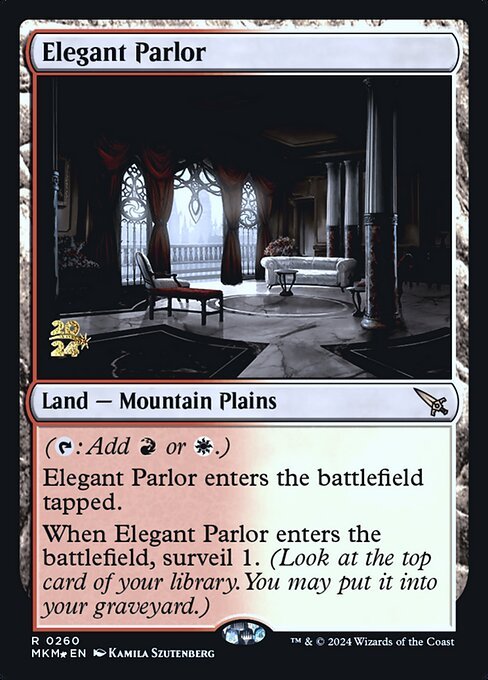 for the upside of surveil.
for the upside of surveil.
In addition to dual lands, you'll also find (most of the time) three basic lands. In this case, we have a two plains, one mountain split. The plains is significant for casting your white spells through your own (or an opposing) Blood Moon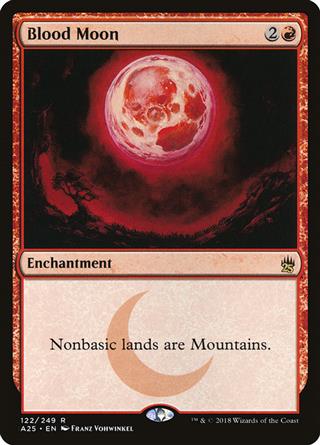 . Now, onto utility lands.
. Now, onto utility lands.
As I mentioned above, Arena of Glory is very good to use when escaping Phlage, Titan of Fire's Fury with haste. The two red mana from Arena can cover the two red in the escape cost and allow you to swing for massive damage alongside the ETB trigger.
is very good to use when escaping Phlage, Titan of Fire's Fury with haste. The two red mana from Arena can cover the two red in the escape cost and allow you to swing for massive damage alongside the ETB trigger.
You can also use the double red for multiple creatures. For example, if you have excess mana, you could tap Arena, use one red from it on Phlage, and use the other red to cast a Ragavan, Nimble Pilferer , and both creatures would have haste.
, and both creatures would have haste.
Last but not least, we have Aether Hub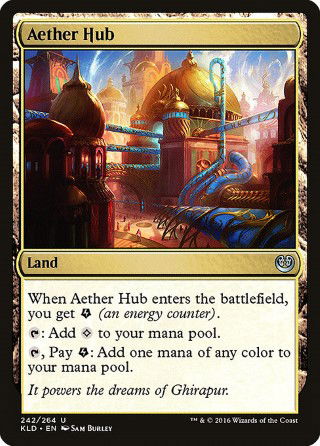 —shoutout to our namesake card here at Aetherhub. The hub is a free source of energy. Simply dropping your land for turn and getting energy without using other resources is excellent for the deck. However, you've got to use energy to tap the hub for colored mana, which is not exactly where you want to be.
—shoutout to our namesake card here at Aetherhub. The hub is a free source of energy. Simply dropping your land for turn and getting energy without using other resources is excellent for the deck. However, you've got to use energy to tap the hub for colored mana, which is not exactly where you want to be.
So, pay close attention to what colors you have access to in your opening hand and which ones you need, and be conscious about playing the hub at times when it's an upside and not a hindrance. If this worries you, feel free to trim back a copy or two and play an extra white fetch land, Arena of Glory , or a copy of Monumental Henge
, or a copy of Monumental Henge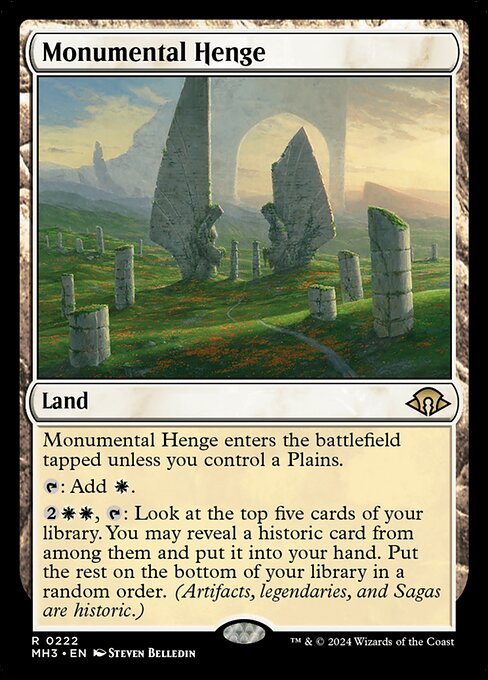 .
.
Boros Energy Sideboard & Sideboard Guide
With the main deck out of the way, let's look at the supporting 15 cards in the sideboard. First off, let's talk Jegantha, the Wellspring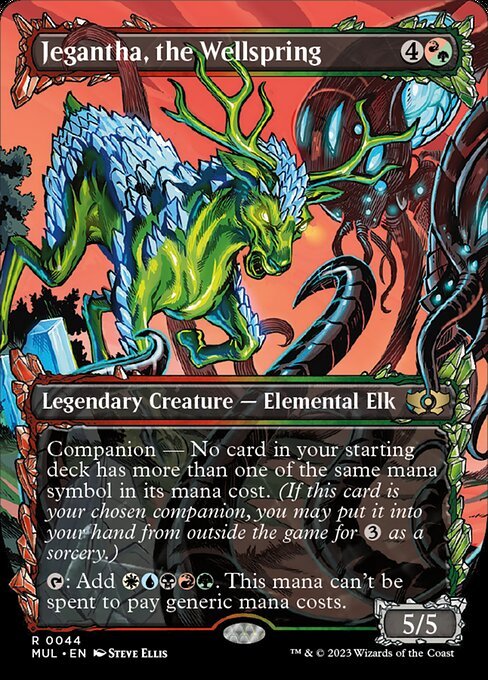 , which is played as the companion. The deck can meet the requirement almost coincidently, so there is no real downside to running Jegantha, and we have the upside of essentially having an 8th card in hand.
, which is played as the companion. The deck can meet the requirement almost coincidently, so there is no real downside to running Jegantha, and we have the upside of essentially having an 8th card in hand.
Keep in mind that some of these cards will vary depending on any changes to the main deck and your particular meta. That said, I'll try to be as comprehensive as possible and give reasoning and alternatives when possible.
For example, many decks play Magebane Lizard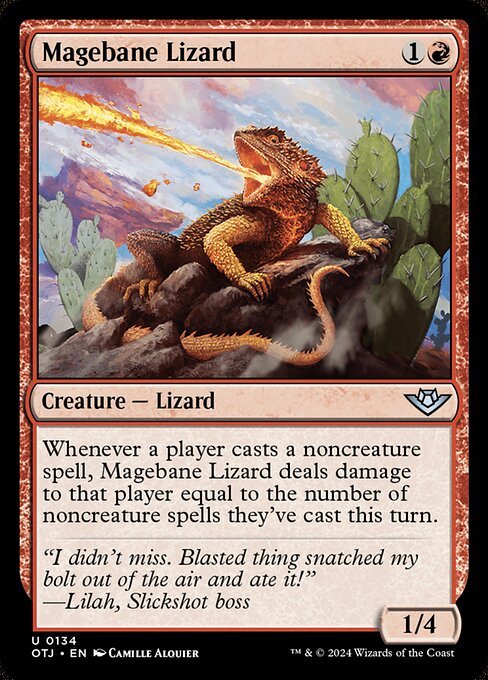 over Damping Sphere
over Damping Sphere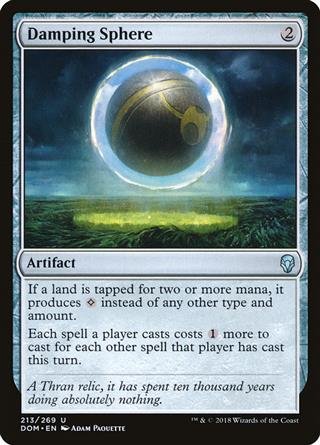 or Containment Priest
or Containment Priest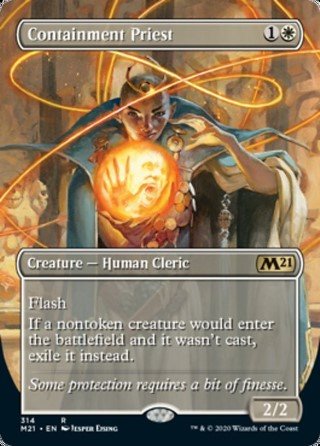 over Drannith Magistrate
over Drannith Magistrate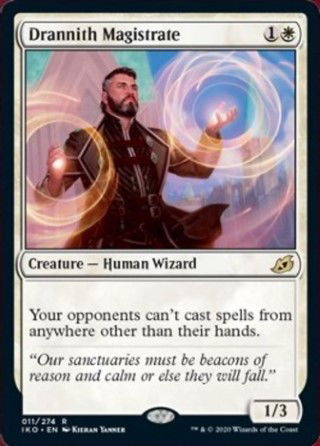 . These cards fill similar roles, and if I mention one and you play the other, adjust accordingly. I've also started to see a copy of Reprieve
. These cards fill similar roles, and if I mention one and you play the other, adjust accordingly. I've also started to see a copy of Reprieve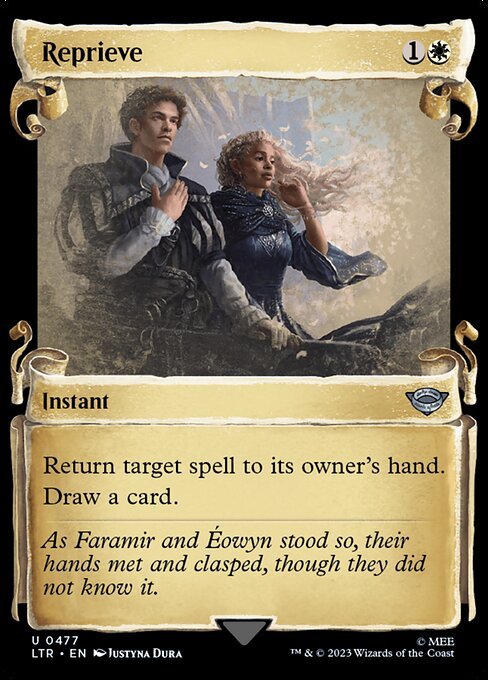 come up occasionally, but I haven't played with it yet.
come up occasionally, but I haven't played with it yet.
Here is my read of the meta and how you should board.
Jeskai Control
List: The One Ring Jeskai
Jeskai control is an energy-based control deck playing Wrath of the Skies , Phlage, Titan of Fire's Fury, and The One Ring
, Phlage, Titan of Fire's Fury, and The One Ring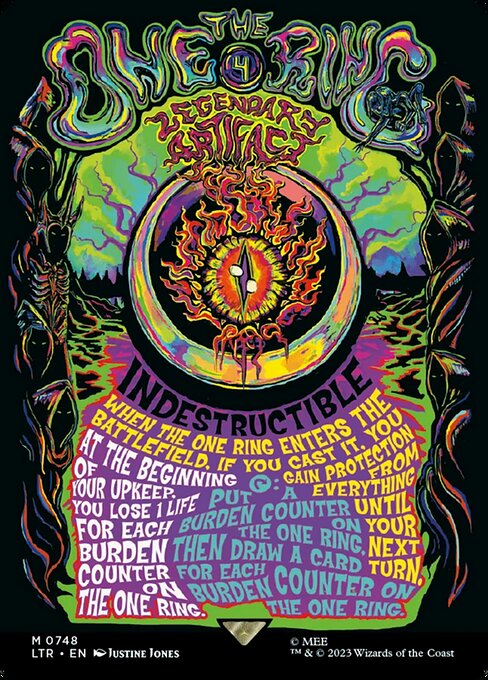 . In this matchup, you'll want to address their energy production, One Rings, and Phlage. To do this, I suggest boarding in the following cards:
. In this matchup, you'll want to address their energy production, One Rings, and Phlage. To do this, I suggest boarding in the following cards:
In:
- 1 Drannith Magistrate
 to stop Phlage
to stop Phlage - 2 Suncleanser
 to drain their energy for Galvanic Discharge
to drain their energy for Galvanic Discharge & Wrath of the Skies
& Wrath of the Skies
- 2 Harsh Mentor
 to make them feel The One Ring
to make them feel The One Ring
- 2 Blood Moon
 to complicate their three-color mana base
to complicate their three-color mana base
Out:
That's seven cards in, and we'll need seven cards to take out. In this case, we'll be trimming creature removal since they don't play many creatures beyond Phlage and Subtlety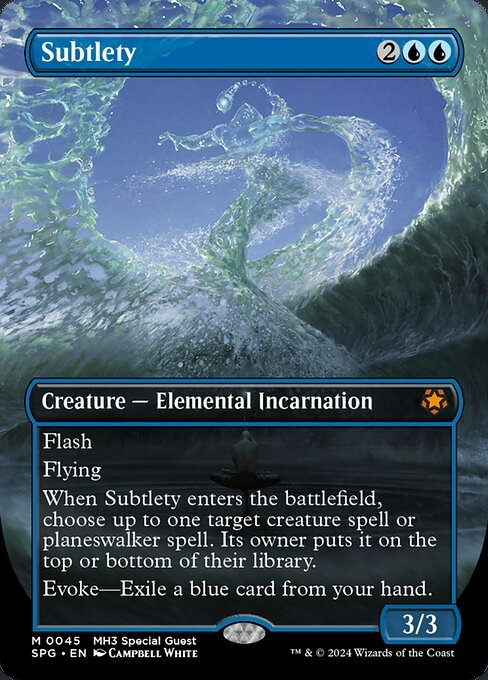 .
.
Mirror Match / Mardu Energy
List: Mardu Energy
If you come across another deck playing energy, be it Boros or Mardu, the plan is to deny them energy and Phlage, Titan of Fire's Fury.
In:
- 1 Celestial Purge
 , which hits a chunk of both decks
, which hits a chunk of both decks - 2 Suncleanser
 to halt their energy production
to halt their energy production - 1 Drannith Magistrate
 to stop Phlage and Amped Raptor
to stop Phlage and Amped Raptor
Out:
- 3 Unstable Amulet
 because it's too slow
because it's too slow - 1 Ragavan, Nimble Pilferer
 is especially bad vs the Mardu version thanks to Orcish Bowmasters
is especially bad vs the Mardu version thanks to Orcish Bowmasters .
.
Ruby Storm
List: Ruby Storm
Ruby Strom can be a hard matchup, but we do have answers to several aspects of Storm's game plan. In my experience, dealing with their cost reduction like Ruby Medallion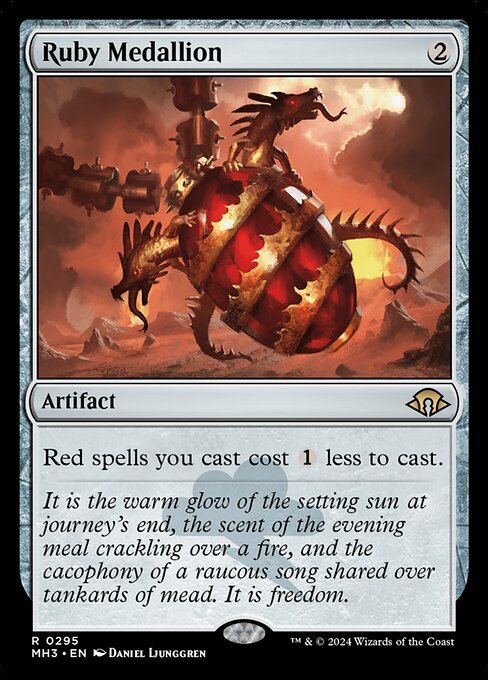 and Ral, Monsoon Mage // Ral, Leyline Prodigy
and Ral, Monsoon Mage // Ral, Leyline Prodigy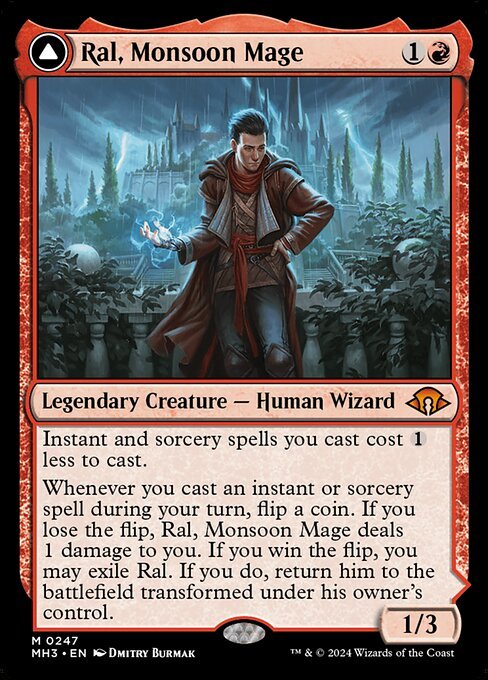 is the most efficient way to nerf them, but hitting Past in Flames
is the most efficient way to nerf them, but hitting Past in Flames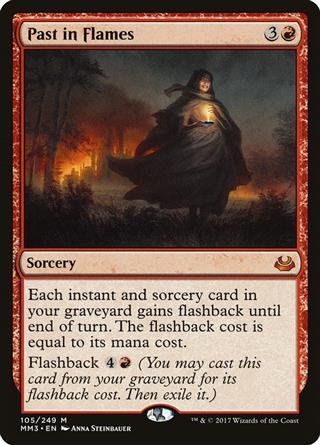 or their ability to chain spells together works too.
or their ability to chain spells together works too.
In:
- 1 Celestial Purge
 for Ral, Monsoon Mage // Ral, Leyline Prodigy
for Ral, Monsoon Mage // Ral, Leyline Prodigy
- 1 Drannith Magistrate
 to turn off Past in Flames
to turn off Past in Flames
- 2 Wear // Tear
 for Ruby Medallion
for Ruby Medallion
- 2 Unlicensed Hearse
 to turn off Past in Flames
to turn off Past in Flames
- 2 Damping Sphere
 to stop storm
to stop storm
Out:
- 3 Phlage, Titan of Fire's Fury Win or lose, the games are fast here, and Phlage is too slow
- 3 Unstable Amulet
 because the games are fast and Amulet is slow
because the games are fast and Amulet is slow - 1 Blood Moon
 isn't needed because they heavily play red
isn't needed because they heavily play red - 1 Amped Raptor

Tron
List: UrzaTron
Tron isn't an easy matchup, and it's easy to get outgunned. Still, we'll do what we can to nerf their big mana-producing lands and the artifacts that help them get them online. Postboarding against Tron should look something like this:
In:
- 2 Harsh Mentor
 for The One Ring
for The One Ring
- 2 Blood Moon
 to stop their mana production (Ugin's Labyrinth
to stop their mana production (Ugin's Labyrinth , Eldrazi Temple
, Eldrazi Temple , and Urza lands
, and Urza lands - 2 Wear // Tear
 for Expedition Map
for Expedition Map and/or Talisman of Resilience
and/or Talisman of Resilience / Talisman of Curiosity
/ Talisman of Curiosity
- 2 Damping Sphere
 also shuts off their lands
also shuts off their lands
Out:
- 3 Lightning Bolt
 because it simply doesn't remove their threats
because it simply doesn't remove their threats - 3 Unstable Amulet
 for again being too slow
for again being too slow - 2 Phlage, Titan of Fire's Fury is usually also too slow to be impactful
Goryo's Vengeance
List: Reanimator
Perhaps you've noticed that the less "fair" the matchup, the harder it can be for Boros. I would not say Goryo's Vengeance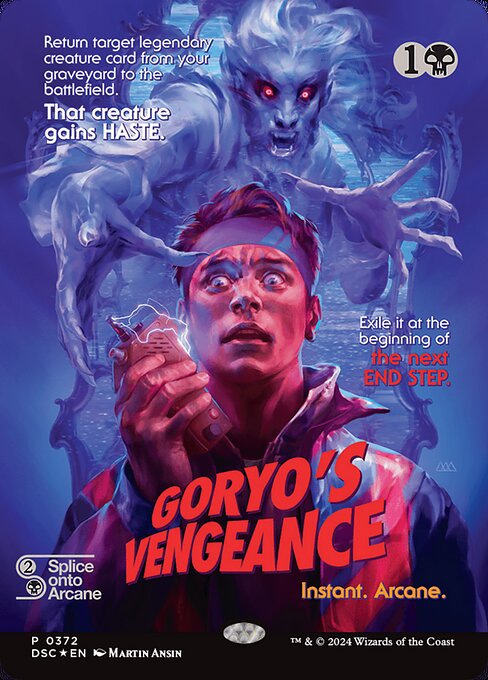 / Atraxa, Grand Unifier
/ Atraxa, Grand Unifier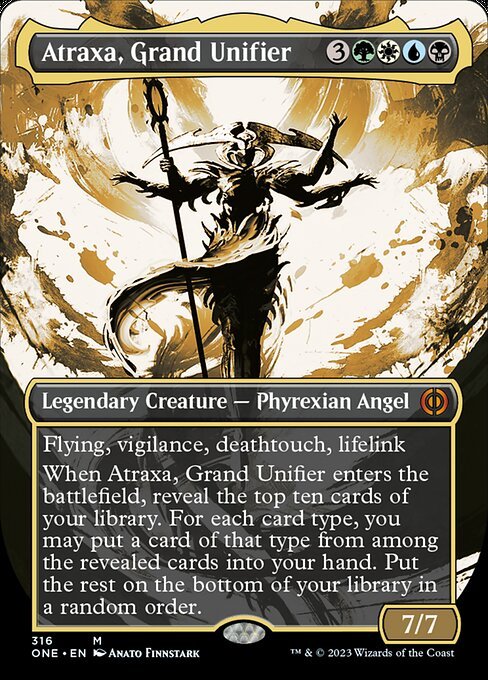 is impossible to win, but when they get nut draws, it can feel like it. With some graveyard hate, Blood Moon
is impossible to win, but when they get nut draws, it can feel like it. With some graveyard hate, Blood Moon , Purge, and possibly Reprieve
, Purge, and possibly Reprieve , if you play it, all is not lost.
, if you play it, all is not lost.
Here is how I suggest you board:
In:
- 1 Celestial Purge
 hits all their creatures
hits all their creatures - 2 Blood Moon
 cause they are three colors, especially post-board
cause they are three colors, especially post-board - 2 Unlicensed Hearse
 to stop them from reanimating
to stop them from reanimating
Out:
- 3 Unstable Amulet
 is too slow
is too slow - 2 Phlage, Titan of Fire's Fury
 is usually also too slow to be impactful
is usually also too slow to be impactful
Living End
List: Living End
Playing against Living End decks is interesting. We have sideboard options, of course, but they won't always be enough to get us there because graveyard hate only nerfs them so much. That said, here is what I usually do.
decks is interesting. We have sideboard options, of course, but they won't always be enough to get us there because graveyard hate only nerfs them so much. That said, here is what I usually do.
In:
- 1 Drannith Magistrate
 to stop cascade into Living End
to stop cascade into Living End
- 2 Blood Moon
 to stunt their mana base
to stunt their mana base - 2 Unlicensed Hearse
 to hit their yard
to hit their yard - 2 Damping Sphere
 to slow them down
to slow them down
Out:
- 3 Lightning Bolt
 because it doesn't deal with their creatures
because it doesn't deal with their creatures - 3 Static Prison
 because it's inefficient
because it's inefficient - 1 Galvanic Discharge
 to kill your own token and flip Ajani in response to LE
to kill your own token and flip Ajani in response to LE
Through the Breach
List: Through the Breach Eldrazi
The Through the Breach matchup is similar to Tron. It's easy to get overpowered, and the game plan post-boarding is to attack their mana production. Again, considering Bolting an Emrakul, the Aeons Torn
matchup is similar to Tron. It's easy to get overpowered, and the game plan post-boarding is to attack their mana production. Again, considering Bolting an Emrakul, the Aeons Torn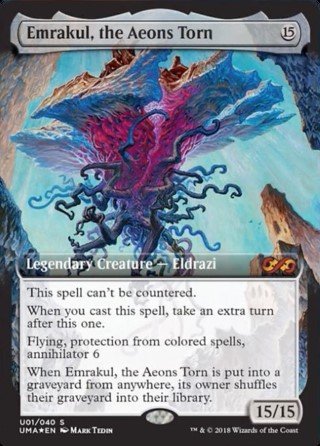 doesn't do much good, we'll be removing those and the three Unstable Amulet
doesn't do much good, we'll be removing those and the three Unstable Amulet .
.
In:
- 2 Blood Moon
 to stop land ramp
to stop land ramp - 2 Harsh Mentor
 for [[The One Ring
for [[The One Ring - 2 Damping Sphere
 to stop land ramp
to stop land ramp
Out:
- 3 Lightning Bolt
 because it doesn't
because it doesn't - 3 Unstable Amulet
 because it's too slow
because it's too slow


